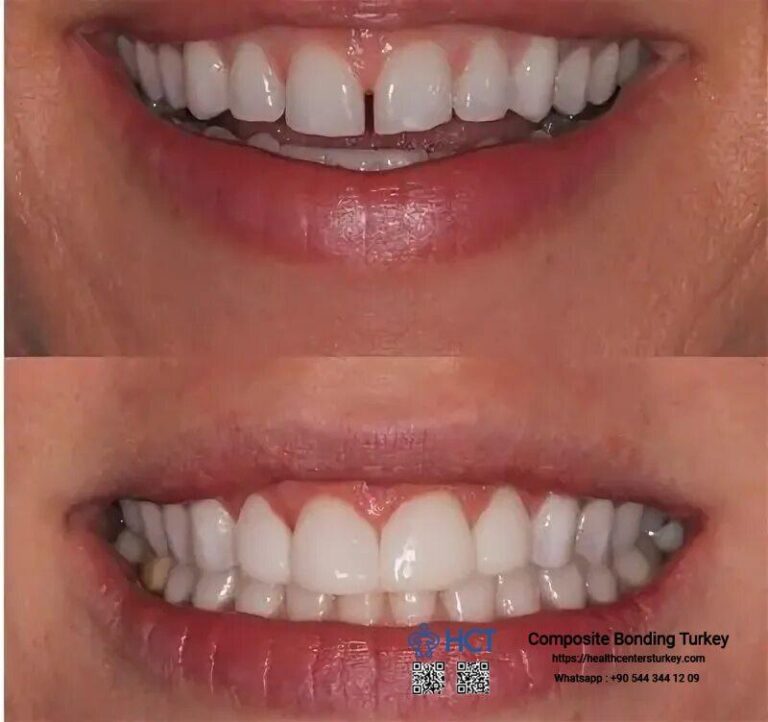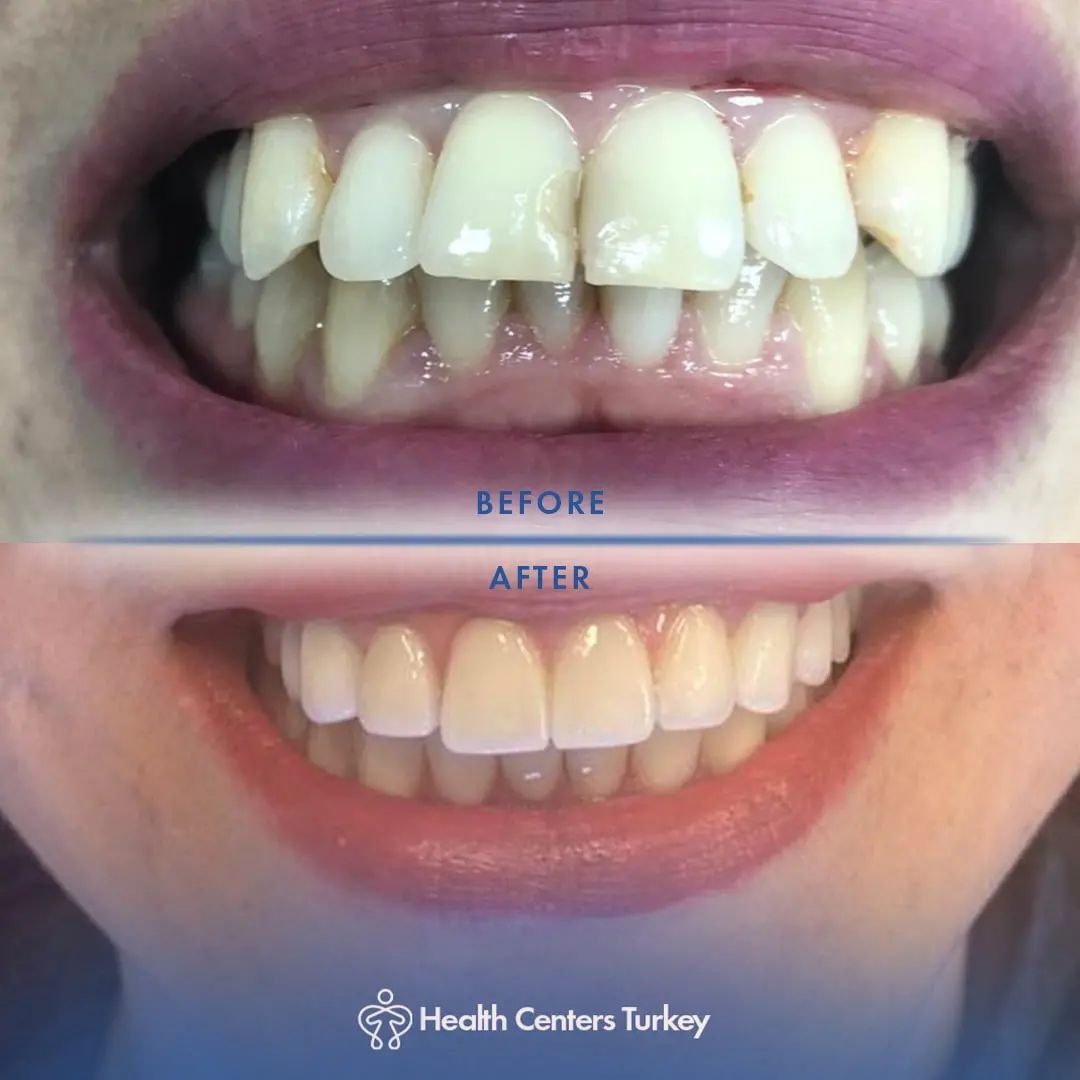Access High-Quality Implant Dentistry at Low Prices

Dental implants have become a focus in modern dentistry, providing a reliable resolution for those dealing with tooth loss. Among the a number of benefits they provide, one significant side worth contemplating is their impact on adjacent teeth. Understanding how dental implants affect surrounding teeth aids in making informed selections about oral health.
When a tooth is misplaced, neighboring teeth can easily shift towards the house left behind. This movement can result in misalignment, which compromises the general bite and performance of the mouth. Dental implants mimic natural tooth roots, thereby sustaining the position of adjacent teeth.
Benefit from Top-notch Oral Health Treatments in Turkey at Competitive Prices
The stability offered by an implant is essential, as it helps in preserving not simply the bodily alignment but also the structural integrity of the jawbone. When a tooth is missing, the underlying bone can start to deteriorate due to lack of stimulation. An implant exerts pressure on the bone throughout chewing, much like a natural tooth, which promotes bone health.
In some cases, a bridge or partial denture may be thought of as an alternative choice to implants. While these choices might restore some performance, they'll place additional stress on neighboring teeth. Bridges often require submitting down the encircling teeth to accommodate the anchors, thereby affecting their health over time. Dental implants, however, do not alter present teeth, making them a extra conservative alternative.
Uncover Cost-effective Dental Services across Turkey
Hygiene turns into another critical factor when considering adjacent teeth within the context of implants. With dental implants, the person can maintain a regular hygiene routine just like natural teeth. Flossing and brushing across the implant are easy, ensuring that the gum tissue remains healthy and minimizing the danger of gum disease that would adversely affect adjacent teeth.
Moreover, the supplies utilized in dental implants are biocompatible. This means they're designed to integrate well with the body, decreasing the probabilities of an antagonistic reaction. This attribute not only makes the implant protected but in addition protects close by teeth from potential points that would come up as a outcome of contamination or infection.
In phrases of aesthetics, dental implants provide a natural look and feel, closely resembling authentic teeth. Adjacent teeth profit from this aesthetic enchantment as nicely. When an implant is positioned, the encircling gum tissue may be shaped to imitate natural contours, thereby enhancing the overall appearance of the smile. This aesthetic issue can encourage people to spend cash on their oral care routines, benefiting both the implants and adjacent teeth in the long term.
High-Standard Teeth Facilities for Tourists in Turkey
Another concern is the potential for gum disease, which might have an result on the health of adjacent teeth. Gum disease can happen when plaque builds up around teeth and implants. Regular dental visits and appropriate oral hygiene can mitigate this concern. The presence of implants can also serve as a motivator for higher dental hygiene practices, as people turn into extra acutely aware of maintaining their general mouth health.
Studies have shown that dental implants can contribute to a major enchancment in quality of life. Patients typically experience increased confidence and are less hesitant to smile or have interaction in social interactions. A wholesome and well-maintained smile indirectly promotes better care for adjacent teeth, as people are most likely to become more conscious of their general oral hygiene.
One often-overlooked facet is the psychological impact of dental implants on patients. Knowing that implants provide long-term options can ease the nervousness associated with tooth loss. With fewer worries about future tooth shifts, patients usually tend to invest effort and time into caring for his or her teeth, which includes adjacent teeth.
In conclusion, dental implants serve as more than only a solution for missing teeth; they play a pivotal function in maintaining the health and integrity of adjacent teeth. From stopping misalignment to promoting gum health and enhancing aesthetics, the benefits are manifold. By choosing implants, people cannot solely restore functionality but in addition foster a healthier oral surroundings for surrounding teeth. The psychological and aesthetic advantages additional contribute to an general enhanced quality of life.
Experience Top-Notch Dental Care in Turkey
In the long term, understanding how dental implants affect adjacent teeth can information individuals in making empowered decisions regarding their dental health. The integration of those implants into the mouth acts as a stabilizing force, safeguarding each the physical alignment and performance of neighboring teeth, whereas promoting a long-lasting, wholesome smile.
- Dental implants typically don't exert pressure on adjacent teeth, maintaining their integrity and lowering the risk of shifting or misalignment.
- The placement of an implant typically encourages higher oral hygiene habits, positively influencing the health of adjacent teeth via improved cleansing practices.
Ensure A Perfect Smile through Affordable Treatments in Turkey
- In some circumstances, dental implants can stimulate the surrounding bone, which helps protect the natural teeth's place and general dental structure.

- The gap left by missing teeth can result in bone loss; dental implants can prevent this, thereby defending adjacent teeth from potential complications.
- Complete Cosmetic Dentistry offered in Antalya
Benefits of Choosing Dental Tourism in Turkey for Treatment
- By restoring the function of a missing tooth, implants assist distribute chew forces evenly, reducing put on and stress on neighboring teeth.

- Properly placed dental implants can act as a support structure, preventing unwanted movement of adjacent teeth resulting from tooth loss.
- The presence of an implant may enhance the aesthetic appearance of surrounding teeth by filling in gaps and supporting facial structure.
Discover Best Dental Treatments in Turkey including Implants, Veneers, and More
- Dental implants remove the necessity for adjacent teeth alteration, not like bridges, which require reshaping the close by teeth for support.
- Implants additionally cut back the chance of gum disease compared to different tooth replacement choices, indirectly benefiting adjacent teeth by promoting general oral health.
Find Your Path to a Beautiful Smile with Affordable Dental Care.
- Long-term success of dental implants is linked to the health of surrounding teeth, emphasizing the importance of regular dental check-ups and maintenance.
How do dental implants affect adjacent teeth?
Enjoy World-Class Dental Treatments while Visiting
What are dental implants and how do they work with adjacent teeth?undefinedDental implants are artificial tooth roots placed into the jawbone to support replacement teeth. They don’t affect adjacent teeth directly, as they are impartial constructions. Instead, they might help keep the integrity of surrounding teeth by preventing bone loss.
Can dental implants cause harm to adjacent teeth?undefinedIf positioned appropriately, dental implants should not harm adjacent teeth. However, improper placement can result in points like misalignment or strain, emphasizing the importance of selecting an skilled dental skilled.
Will dental implants promote bone growth around adjacent teeth?undefinedYes, dental implants assist stimulate the jawbone, which may encourage bone growth. This can profit adjacent teeth by sustaining bone density and stability in the area.
Dental Travel: Enjoy Affordable Care in Turkey
Should I worry about gum disease affecting adjacent teeth after getting an implant?undefinedGood oral hygiene is essential after getting an implant. Gum disease can nonetheless affect adjacent teeth, however a correctly maintained implant doesn't wikipedia reference improve that risk. Regular dental visits can help monitor and preserve gum health.
What happens to adjacent teeth if I lose a dental implant?undefinedIf a dental implant fails or is lost, adjacent teeth could shift as a outcome of modifications in bite alignment and assist structure. This might lead to misalignment or extra tooth loss if not addressed.
Are there any particular care requirements for adjacent teeth after getting implants?undefinedMaintaining good oral hygiene practices, together with common brushing, flossing, and dental check-ups, is essential for each dental implants and adjacent teeth to stop decay and gum disease.
Tailored Teeth Care Solutions available for Every Patient in Turkey
Do dental implants assist support adjacent teeth when chewing?undefinedAbsolutely. Implants can enhance general bite function, which may alleviate stress on adjacent teeth during chewing. This can result in better distribution of forces, selling oral health.
How can I prevent problems with adjacent teeth and implants?undefinedConsistent dental care, including skilled cleanings and examinations, regular brushing and flossing, and following your dentist’s aftercare directions, are key to preventing issues.
Can adjacent teeth move if additional hints I actually have a dental implant?undefinedAdjacent teeth might move if they aren't well-supported, particularly after tooth loss. A dental implant helps maintain the structure, lowering the risk of shifting teeth.
Comments on “Your Destination for Quality Dental Care at Low Costs”